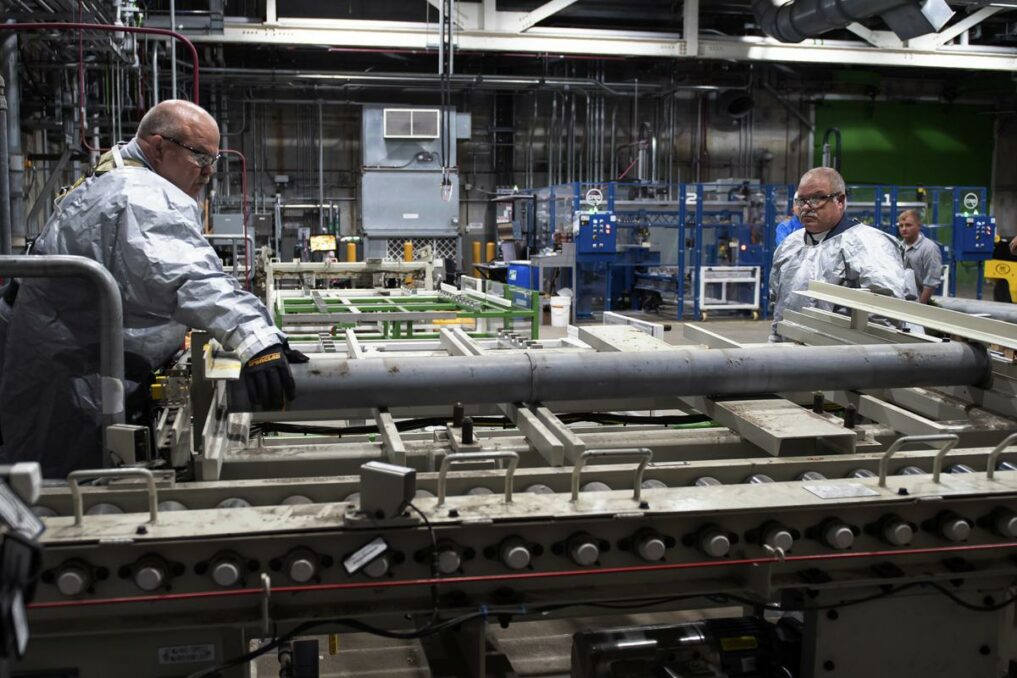US President Joe Biden announced on Friday that the US has destroyed its last declared stockpile of chemical weapons, fulfilling its commitments that were ratified in 1997’s Chemical Weapons Convention.
The weapons were eliminated at the Blue Grass Army Depot in Kentucky, where rockets containing sarin, a toxic nerve agent, were stored since the 1940s. The last stockpile contained weapons that date back to World War I. It was once comprised of more than 30,000 tons of chemical warfare agents.

However, the United States was the last of all nations signatories to the Chemical Weapons Convention (CWC) to completely destroy its declared stockpiles.
Even though 30th September 2024 was the deadline for all the nations, India had destroyed its stockpiles of chemical weapons by 2009 itself.
Russia completed destroying its declared stockpiles in 2017, though it is believed that Russia and Syria still have undeclared stockpiles of these weapons.
Egypt, North Korea, and South Sudan are the only nations that have not signed the treaty.
Chemical Weapons Convention (CWC)
It is a multilateral treaty that makes it mandatory to destroy all chemical weapons. It is joined by 193 countries and came into effect in 1997. India signed the treaty in January 1993 and passed CWC Act, 2000, to implement it.
Organisation for the Prohibition of Chemical Weapons (OPCW) was formed under the convention which implements the terms of the CWC and reports to the UN. As an implementing body, OPCW oversees the global endeavors to permanently eliminate chemical weapons. It received Nobel Peace Prize in 2013 for its extensive efforts in doing so.
OPCW confirmed on Friday that the last of declared stockpiles by all the state parties was verified as irreversibly destroyed. OPCW Director-General, Ambassador Fernando Arias, congratulated all state parties and said “The end of the destruction of all declared chemical weapons stockpiles is an important milestone for the Organisation,”. He called it a critical step towards achieving the organisation’s mission to permanently eliminate all chemical weapons.
He marked this as a historic success of multilateralism in the field of disarmament. He said that there are more challenges ahead that require international communities’ attention, mentioning that there are four countries who have not yet joined the convention and there are still more abandoned weapons that need to be recovered and destroyed.
Highlighting the recent uses and threats of the use of toxic chemicals as weapons, preventing re-emergence will remain a priority for the organisation. Looking at the development in science and technology and new dangerous toxic chemicals, he said the relevance of the convention will be put to test in the future as well. There will be new and challenging tasks for the organisation ahead.
In May 2024, OPCW Center for Chemistry and Technology started its operations, Arias called this center an essential tool to enhance the Organisations’s capabilities to address these threats.













